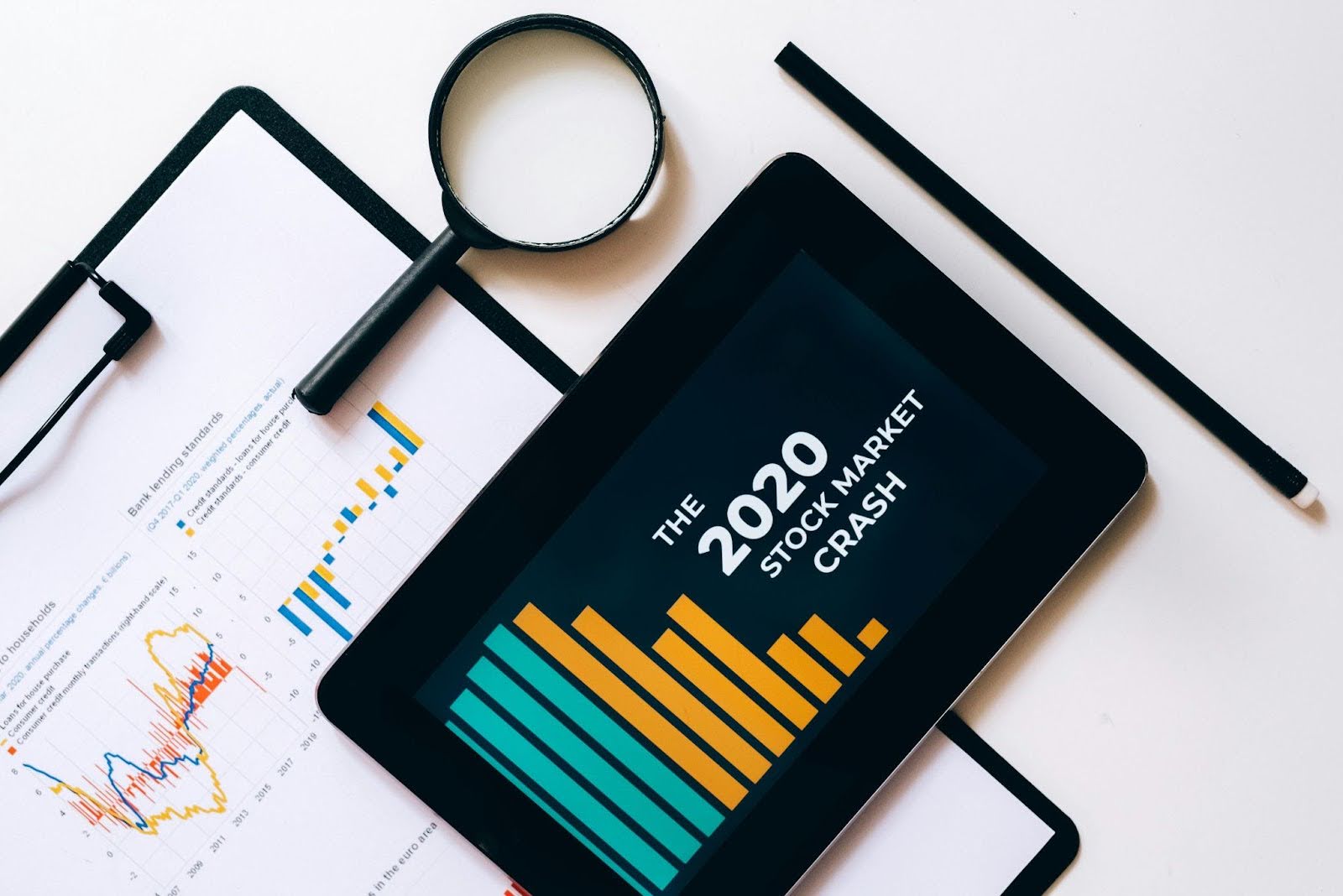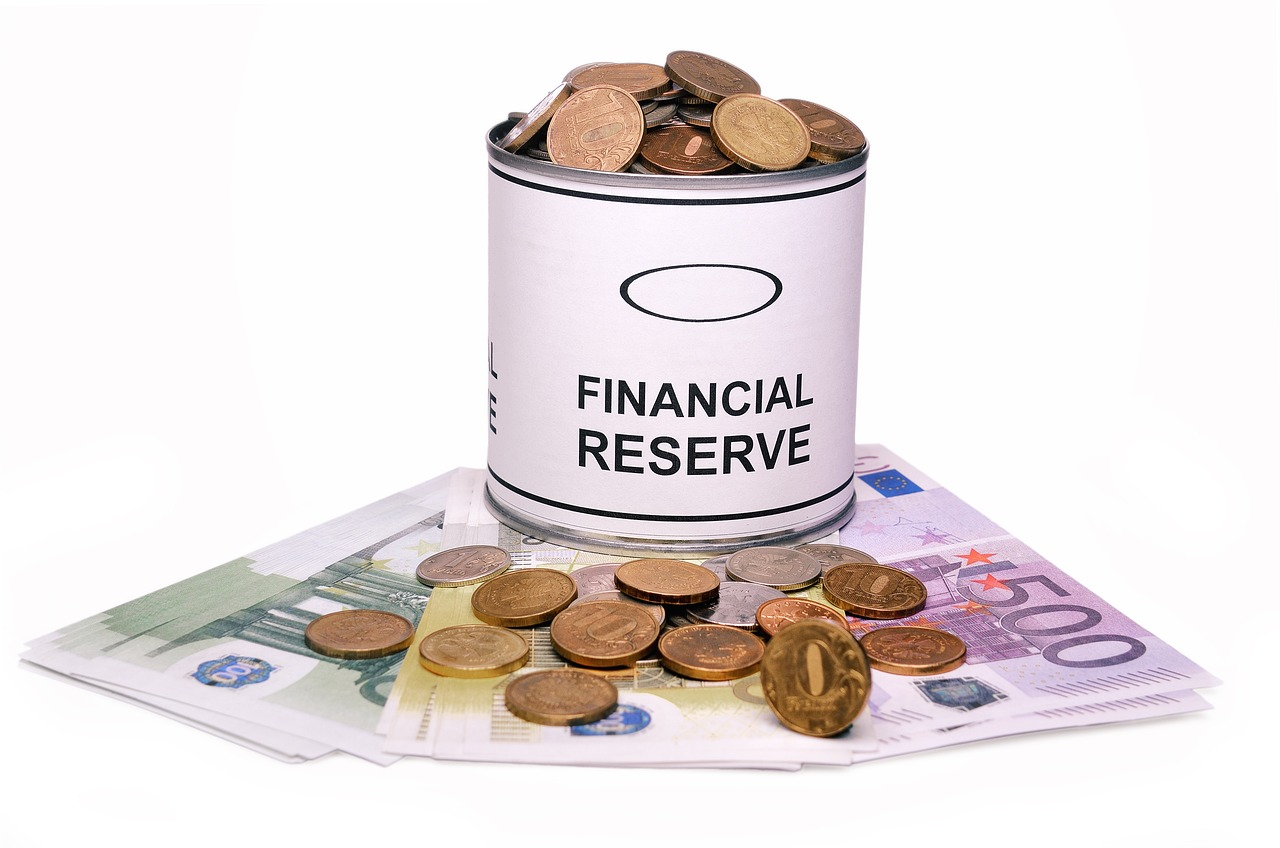Red Flags In Investments: Avoid Bad Investments
Published on by FulusAfrica Team

There’s a popular Swahili proverb that says "Bahati ya mwenzio usiilalie mlango wazi,". Loosely translated it means "Your neighbour’s luck isn’t yours."
When it comes to making money, people tend to forget that just because an investment worked for one person, doesn't mean it will work for you. This is especially true regarding fraudulent investments, pyramid schemes and Ponzi schemes.
Four Successful Ways to Manage Finances in 2025
Master your finances in 2025 with these four proven strategies Learn how to budget save invest and plan for longterm financial success
Read More →Financial scammers rely on our ignorance, desperation and lack of guidance to take our hard-earned money.
So, how can you spot a bad investment and avoid losing your hard-earned money? Let's dive into some key warning signs and characteristics of risky investments.
Characteristics of Bad Investments
One skill you need to develop is the ability to identify investment traps. More often than not, they are packaged as the dream investment. Something that will push you away from financial pitfalls.
But as the saying goes, if the deal is too sweet, think twice.
Here are a few things you can look at before you invest.
-
Promises of High Returns with Low Risk
In reality, all investments come with some level of risk. However, the consensus is that high risk = high rewards.
The higher the potential return, the higher the risk of losing money. That's because people seeking higher returns often venture into volatile, high-risk investments like cryptocurrency, Stocks in developing markets, startups, real estate in unstable markets, and much more.
Sham investments break this rule by offering low-risk or risk-free profits, which is a significant red flag. This is particularly true for Ponzi schemes, where the returns paid to earlier investors come from the money of new investors.
These schemes inevitably collapse, leaving many people in financial ruin. Remember, If it sounds too good to be true, it probably is.
Tip: Always remember that no legitimate investment offers high rewards without a corresponding level of risk.
-
Lack of Transparency
Investments that have little or no information are a red flag. A legitimate investment should provide clear, detailed information about how it works, including the risks, fees, and how your money will be used.
From the Gulf to Kenya: A Guide to Managing Finances During Your Return
Returning from the Gulf to Kenya Discover a comprehensive guide to managing your finances budgeting and planning for a smooth transition home
Read More →If the people promoting the investment are vague or evasive when asked for details, you’re likely dealing with a bad investment.
This also goes for Investments that advertise on social media sites like TikTok, but switch off their comment sections to prevent customers from speaking up. This could be a strategy that prevents whistle-blowers from letting others know that the company is running a scam.
-
Unregistered or Unregulated Investments
Some investment ventures sound so good that you might be tempted to jump in immediately. Don’t commit until you confirm that the firm and the investments are regulated.
Every country has a regulatory body that governs investments, and investment companies. In Kenya, this is the Capital Markets Authority. In Nigeria, it is the Securities and Exchange Commission. These regulators exist to prevent innocent investors from being defrauded.
Investing in unregulated markets or through unregistered platforms can be extremely risky. Regulatory bodies ensure that companies operate under specific guidelines designed to protect investors.
If an investment isn’t registered with a recognized financial authority, it lacks oversight and could likely be a front to steal your money.
-
Pressure to Strike While The Iron Is Still Hot.
Scammers often use high-pressure tactics to rush potential investors into decisions. Phrases like "limited time offer" or "only a few spots left" are designed to create urgency and prevent you from thoroughly researching the investment.
Legitimate investment opportunities will give you time to think and make informed decisions. Even though time limits may exist on some investments, there is never any pressure to commit.
Always be cautious if you're being pushed to invest without sufficient time for due diligence.
-
Overly Complex
Bad investments often hide behind complicated jargon and explanations that make them difficult to understand. Complexity is used to mask high risks or hidden agendas. If you can't explain how an investment works in simple terms, it’s better to walk away.
It is important to understand what you are putting your money into. So if the person selling you the idea doesn't make sense, cut them loose.
-
Lack of a Clear Exit Strategy
Every good investment should have a clear path to liquidity. This means you should be able to sell or redeem your investment when needed. If an investment locks up your money indefinitely or doesn't clearly explain how you can cash out, this is a major red flag.
How to Avoid Bad Investments.
-
Do Your Research
Before investing, thoroughly research the company, product, and people behind the investment. Look for reviews, regulatory compliance, and financial statements. If you can’t find reliable information or if the investment lacks transparency, it’s a good idea to stay away.
How To Deal With Financial Anxiety.
Learn practical strategies to deal with financial anxiety and reduce moneyrelated stress Take control of your finances and improve your mental wellbeing
Read More →It is also important to learn how a certain type of investment works to avoid being misled. This is especially important when you are dealing with Forex exchange and cryptocurrency.
These types of investments are often used to defraud people since they promise high rewards in a short time and also because any losses can be blamed on the market.
-
Ask Questions
Don’t hesitate to ask tough questions about how the investment works. How are returns generated? Is there any risk of financial loss? Are there any hidden fees?
A legitimate investment advisor or company will be more than happy to answer these questions. On the other hand, evasive answers should raise red flags.
-
Check for Licensing and Registration
Verify that the company or individual offering the investment is licensed and registered with the appropriate regulatory bodies.
This ensures that they are operating legally and adhering to ethical standards. Most financial authorities allow you to search for registered companies and investment products online.
-
Watch Out for Ponzi schemes
Instead of generating profits through legitimate business activities, the scheme pays returns to earlier investors using the capital from new investors. This creates the illusion of a profitable business.
Be mindful of warning signs such as guaranteed returns, high-pressure tactics, and unsolicited investment offers. Scammers often use these techniques to lure inexperienced investors into bad deals.
-
Compare with Other Investments
Always compare the investment with similar products in the market. If it seems too good to be true or significantly different from other investments with similar risk profiles, it’s probably a bad deal.
Plus, it's a great way to see what better deal you can get. After all, some good investments also offer clients bad deals.
Stay Away From Financial Pitfalls
Investing can be a powerful tool for building wealth, but it’s essential to approach every opportunity with caution and skepticism. Understanding the red flags in investing can save you from financial loss.
By doing thorough research, asking questions, and being mindful of warning signs, you can protect yourself and make smarter investment choices.
Always remember, if an investment seems too good to be true, it probably is. Now that you know how to avoid bad investments, stay informed, stay cautious, and prioritize transparency and regulation when making investment decisions.
Money Management: A Beginner’s Guide to Budgeting Success
Master the art of budgeting with this beginners guide to money management Learn practical tips to take control of your finances and achieve financial success
Read More →For more investment tips, you can follow us on TikTok or join our Facebook group.




No comments yet.